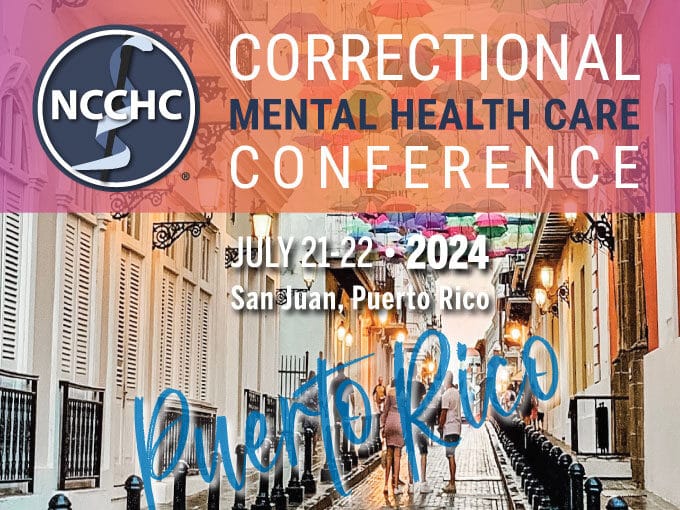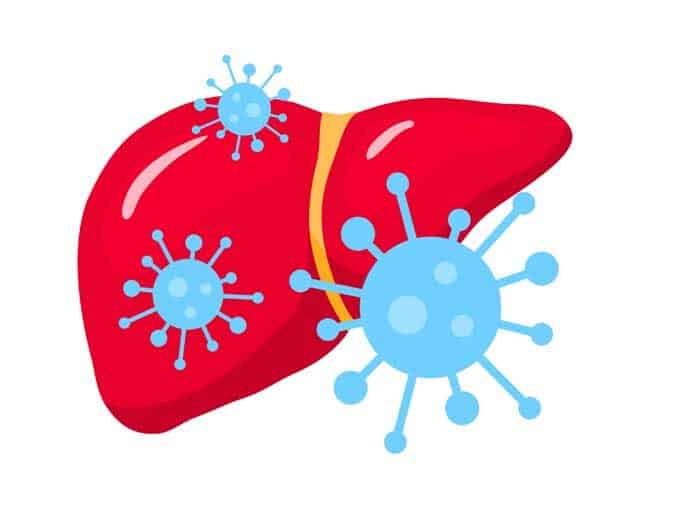
Say hola to Puerto Rico
The 2024 Correctional Mental Health Care Conference will be held in sunny San Juan!
Home Taking the Long Road Back: One Facility’s Journey From the COVID-19 Crisis
Kearny, New Jersey, the home of the Hudson County Correctional Center, is nine miles from Manhattan. On a regular day, it can seem pretty far from the bustle of New York, but earlier this spring, it found itself at ground zero in the COVID-19 pandemic.
Prior to April, for 175 years, the Hudson County Department of Corrections & Rehabilitation had never lost a staff member on the job. Director Ron Edwards spoke to NCCHC to highlight the sacrifice of five staff members to the virus and the work the facility has done to fight the virus, operate safely, and mourn their losses.
The facility had more than 120 COVID-19 cases in their staff and 44 cases among the incarcerated. On one memorable day in April, 114 staff members were out sick. Tragically, the facility lost two nurses, two correctional officers, and a member of the support staff: Correctional Police Corporal Bernard Waddell; Registered Nurses Daisy Doronila and Edwin Montanano, Correctional Police Officer Zeb Craig, and Support Staff for Commissary Department Sergio Rossini.
The staff members will be honored on September 21 with a socially distanced candlelight vigil with staff, relatives, and friends. The facility will dedicate two exams rooms to nurses Doronila and Montanano, a property room to Rossini, and plaques on the flag pole for Waddell and Craig. Edwards said it was important that the current staff know that their colleagues would never be forgotten.
Edwards said that leading the facility during this time was the most challenging time in his career. The facility took steps to ensure safety and bolster morale:
Edwards says that the facility has been COVID-free since May 12 and that the staff has confidence in the jail as a safe workplace. They are adding wifi and computer tablets for incarcerated people to access education and mental health treatment. Unfortunately, five staff members are still under medical supervision for lingering illness from the virus.
With the move to outsourced kitchen and cleaning, he also reports the facility has never been cleaner and that contraband, drug overdoses, and gang violence have been virtually eliminated. Incarcerated people and their attorneys have been meeting safely behind plexiglass so mandated court visits can take place.
2020 has been a strange and challenging year for many people. For Hudson County, it was the ultimate test of leadership under crisis and for the ability of a team to work together. And as Ron Edwards says, “Nothing was more important to me than showing our people how much we care for each other and that their families could trust that we had their well being at the top of our list. I am so proud of the men and women at the jail who rose to the occasion. It’s my honor and privilege to serve with them.”


